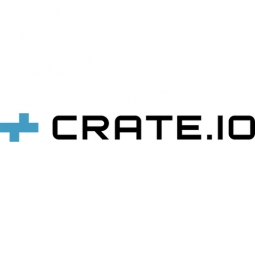Crate.io
Case Studies
Industry 4.0 at ALPLA: Enhancing Factory Efficiency with IoT
Overview
 |
Industry 4.0 at ALPLA: Enhancing Factory Efficiency with IoTCrate.io |

|
Analytics & Modeling - Machine Learning Infrastructure as a Service (IaaS) - Cloud Computing | |
Equipment & Machinery Packaging | |
Human Resources Maintenance | |
Personnel Tracking & Monitoring Real-Time Location System (RTLS) | |
Testing & Certification | |
Operational Impact
| The switch to CrateDB and the establishment of a centralized mission control led to significant improvements in ALPLA's operations. The company was able to lower personnel costs by requiring fewer experts at each factory location. The centralized mission control enabled immediate insight and control over production processes, replacing next-day quality reporting with real-time monitoring. This also allowed for cross-plant analysis, providing new insights that could be used to further improve operations. Overall, the solution improved ALPLA's overall equipment effectiveness (OEE), leading to more efficient and cost-effective operations. | |
Quantitative Benefit
| Real-time performance of CrateDB enabled dashboard queries to execute 250x faster than SQL Server | |
| Data from 900 different types of embedded sensors in each factory was combined into a single table for easier maintenance and faster querying | |
| Centralized mission control allowed for continuous 24x7 monitoring of production efficiency | |


